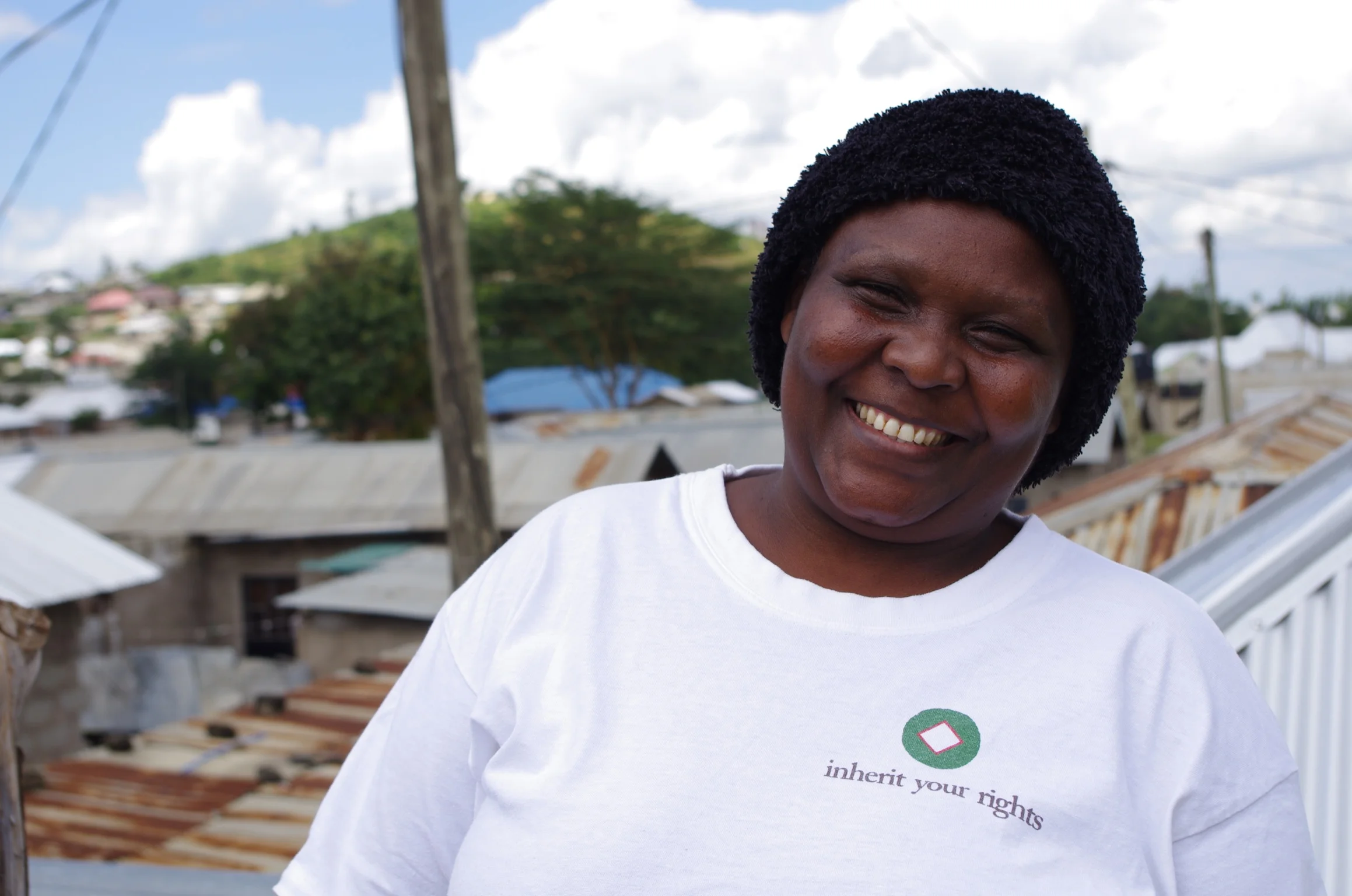Inspiring women: the Maasai of Engaremaibor

Longido is roughly 90 minutes from the hustle and bustle of Arusha’s town centre, but seems much further away. Not far from the border with Kenya, Longido’s landscape is arid and giraffes can be commonly seem roaming its plains, and often its roads, while Kilimanjaro peaks out behind them.
Once at Longido, a dirt road takes us deeper and deeper into the interior villages of the Maasai. Despite three quarters of the road washed away by the rain and erosion, and continually dodging herds of goat and cattle along the way, the drive to village of Engaremaibor, Maasai for ‘clean water,’ is serene and picturesque. The road is flanked by fields of white trumpeter flowers which cover Longido’s green, rolling hills in a snow-like blanket. Acacia trees dot the plains and Maasai children smile and run after the car.
Once we arrive at Engaremaibor, we commence our first community training for this group of 30 Maasai women.
Tanzania is composed of more than 120 ethnic tribes, including the Maasai. Customary law refers to the traditional rules by which ethnic tribes like the Maasai govern their culture.
Maasai society distinguishes strictly between male and female social roles. Women are seen to be strictly home makers and subordinate to their male counterparts who are farmers and warriors.
As a result of this position and role in society, child marriage, lack of education and domestic violence are sadly commonplace for Maasai women and girls. In addition, livingso remotely and without knowledge of their rights means these practices are generally accepted as a way of life.
In Engaremaibor, our aim was to provide a forum for women to come and learn about their rights, as well as a chance to ask questions and share experiences. Due to the prevalence of customary law and traditional structures in remote communities such as these, at Inherit Your Rights we often have to start from scratch when providing legal rights training to gradually build awareness of what human rights are and why they are important, before women begin questioning the normality of things like lack of education for girls or domestic abuse.
However, a number of women in Engaremaibor community proved to be unusual exceptions and were already being proactive about standing up for their rights and looking out for the best interest of the their families.
One of the most important pieces of information Inherit Your Rights shares with the women we work with is the channels they can use to exercise their rights. This includes being able lodge claims or raise issues with the Village and Ward offices. These offices follow Customary Law but are also bound by Statutory Law which actively protects women’s rights. These offices are located in each region and are available for women to put forward issues they are experiencing and help find resolutions.
In interior communities, access to these offices can sometimes be difficult. That’s why having a sound understanding of their rights and why they should be upheld is crucial as it instils in women the confidence and motivation to take action. It also provides a support group of women who can help them stand up and be heard.
In this community, it was inspiring to hear the stories of women who were already utilising these channels and those that were ready and prepared to learn how. The vast majority of the women in attendance had been married off at young ages to men old enough to be their grandfathers. You could sense their courage and determination not to let this happen to the next generation.
One women told of how her husband regularly drank and beat her, and refused to send her children to school. Her husband never received an education and wanted their children to help tend to the cattle. This woman, however, was determined her children receive an education. She took the matter to the Village and Ward Offices. As the offices’ recognise Statutory Law which decrees children of the age of seven must be enrolled in school, it was ruled that they be educated. This could have been a dangerous move for the woman and potentially led to retribution from her husband. However, remarkably, she shared that after this her husband allowed the children to attend school and furthermore stopped beating her.
Sadly this is a fairly unique story butillustrates the importance of building awareness of human and legal rights at every level of society, for men, women and children. By working with community elders and men, we can show why it is important to empower women and the benefits it brings to an entire community. The empowerment of women and girls is crucial to accelerating sustainable development and also is linked with economic growth. For girls, such training and education instils strength and confidence from a young age and for boys, it contributes to changing the behaviours and perceptions of the next generation.
Stories of women who have been able to successfully advocate for their rights give great amounts of hope and inspiration that change is possible.
This inspired another women to come forward and share her story.
After the death of her husband, this woman was being targeting by the son of her husband’s first wife. As per customary tradition the eldest son had become the executor of his father’s estate but did not want provide the second wife any support. In an attempt to scare her aware, the son burned down her house. Just as she started rebuilding, he burned down the house again. She is now building her home for the third time and lives in fear he will do the same again.
This woman came to the session at a loss of what to do about her situation and unaware of any avenues she could pursue to protect herself. However, hearing the stories of fellow community members has given her the knowledge of how to report issues such as this and the courage to be proactive.Inherit Your Rights will also provide advice for her to pursue the matter further.
Often when women attempt to exercise their rights in traditional communities they can be met with resistance or retribution, but these women have shown that with courage and determination anything is possible. Having a forum and safe space like this allows for the exchange of knowledge and sharing of experiences that otherwise wouldnot be spoken about. After hearing these stories, the women who didn’t know where to turn walked away today with the knowledge, confidence and inspiration to do something to ensure their rights are respected, and know they are not alone.
Although changing perceptions in remote communities bound by custom and tradition can be a long and slow process, uniting women together and empowering them through education is a positive first step and furthermore, a powerful and pivotal force for change.







